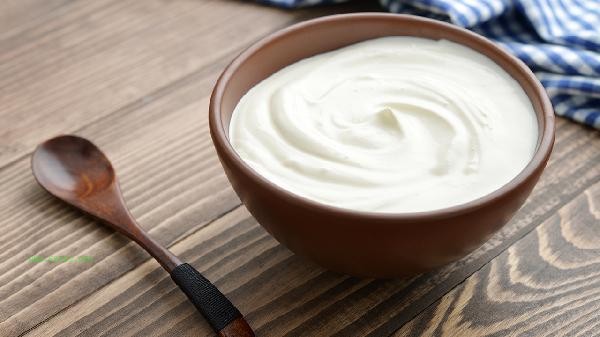Drinking yogurt 1-2 hours after meals can help with weight loss and digestion. The probiotics and proteins in yogurt can promote gastrointestinal peristalsis, which is more effective when combined with moderate exercise. 1-2 hours after a meal is the time when stomach acid concentration decreases, and consuming yogurt at this time can reduce the probability of probiotics being destroyed by stomach acid. The whey protein and casein in low-temperature yogurt require a longer digestion time, which can prolong satiety. Probiotics can help break down residual food fiber in the intestines and reduce fat accumulation. Choosing sugar free low-fat yogurt can avoid additional calorie intake, and it is recommended to drink 100-200 milliliters each time.

Some lactose intolerant individuals may experience bloating and diarrhea when drinking on an empty stomach. In such cases, it is recommended to consume small amounts with meals or choose lactose free yogurt. Excessive secretion of stomach acid may worsen acid reflux when consumed at night, and it is recommended to consume it during the day when digestion is active. Patients who have not recovered their gastrointestinal function after surgery should adjust their intake according to medical advice to avoid increasing digestive burden.

Yogurt can be paired with fiber rich foods such as oats and broccoli in daily life to enhance intestinal peristalsis. Be careful to avoid eating high-fat and high sugar foods together, and engage in aerobic exercise 4-5 times a week for at least 30 minutes each time to enhance the digestive promoting effect of yogurt. Long term consumption requires observation of changes in bowel movements. If persistent diarrhea occurs, it should be paused and a nutritionist should be consulted to adjust the diet plan.









Comments (0)
Leave a Comment
No comments yet
Be the first to share your thoughts!